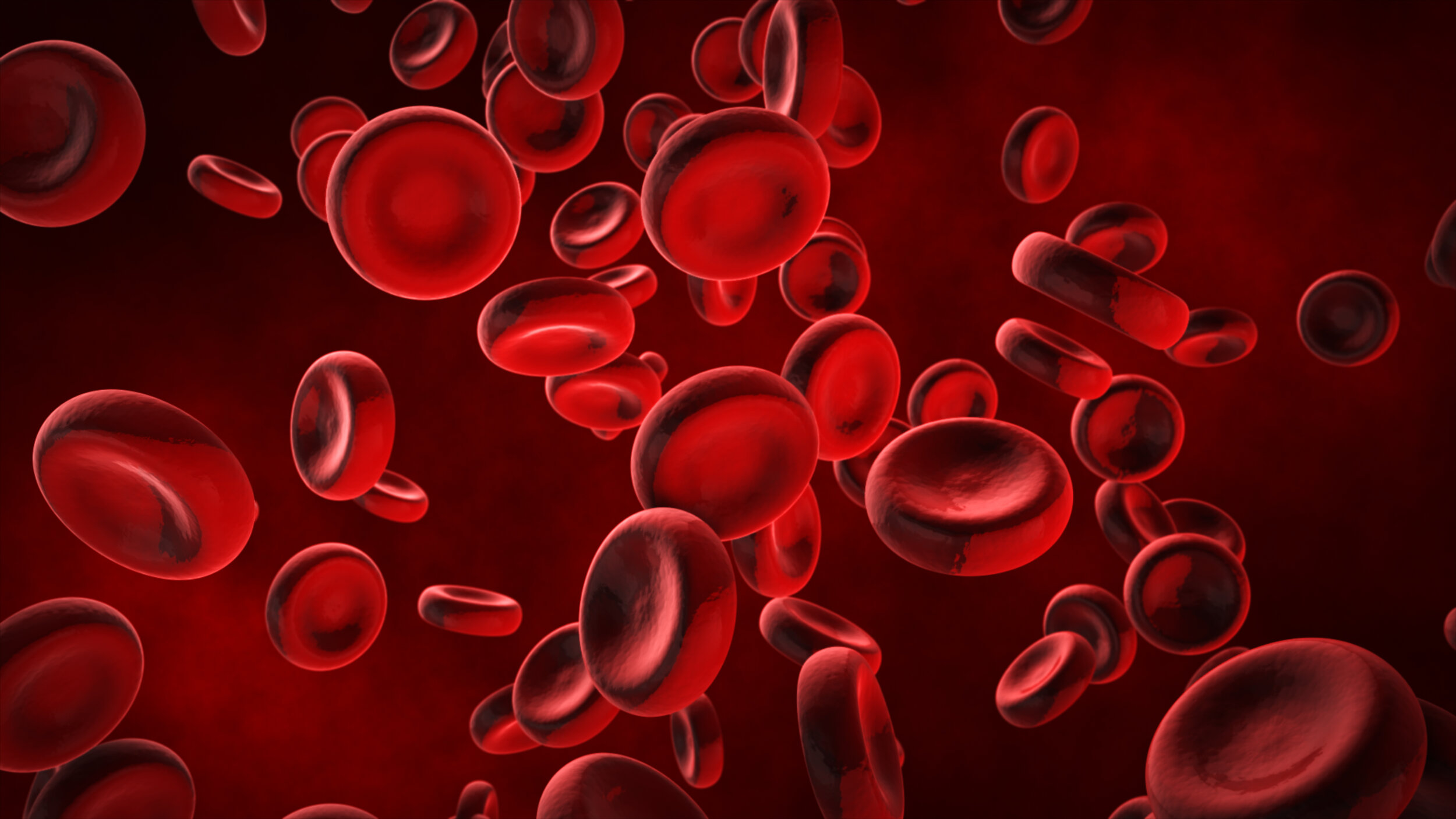
Iron Infusion
Iron deficiency
Common symptoms:
Tiredness, shortness of breath, poor sleep, lack of concentration, mood swings.
Common causes of iron deficiency include:
Excessive menstrual blood loss
Gastrointestinal blood loss (ulcers, haemorrhoids etc)
Poor dietary intake of iron rich foods
Management of iron deficiency:
Dietary modification (to incorporate larger amounts of iron rich foods)
Iron supplementation (tablets or liquid)
Iron infusions (discussed below)
Menstrual correction (aimed to reduce or halt menstrual blood loss)
Surgery – haemorrhoidectomy, hysterectomy, endometrial ablation etc.
Management of gastrointestinal blood loss (gastritis, oesophagitis etc)
When is an iron infusion recommended?
IV (intravenous) iron might be needed if you are:
Unable to tolerate iron taken by mouth (orally)
Unable to absorb iron through the gut
Unable to absorb enough iron to exceed the amount of blood that the body is losing
In need of a rapid increase in iron levels to avoid complications or a blood transfusion – eg pregnancy or surgery.
IV iron is also indicated in combination with erythropoiesis-stimulating agents in chronic kidney disease and chemotherapy-induced anaemia.
What are the side effects?
Possible side effects (5:100) include headache, dizziness, high blood pressure, flushing, nausea, pain in the drip site and bruising.
Accidental leakage of the medicine can leave long lasting or permanent brown staining of the skin.
Other side effects (less than 1:100) include mild allergic reaction, numbness in the arm, racing heartbeat, low blood pressure, shortness of breath, vomiting, heartburn, stomach pain, constipation, diarrhoea, itchiness, hives, back pain, chest pain, high temperature and rash.
A very rare side effect (less than 1:1000) is a serious allergic reaction (anaphylactic reaction).
Contraindications:
Known hypersensitivity to Ferinject® or to any of its excipients;
Anaemia not attributed to iron deficiency
Evidence of iron overload or disturbances in utilisation of iron;
Pregnancy in the first trimester.
What is involved?
Prior to your infusion you will require a consultation with a doctor at Albert Street Medical to assess the potential causes of your iron deficiency. You may be required to have further blood tests following your consultation.
If your regular General Practitioner is referring you for an iron infusion, It is important that you attend with a detailed referral from your GP outlining the reason for your iron deficiency and your relevant past medical history – this includes any recent blood tests, endoscopy results and a list of your current medications, allergies and past surgeries.
You will be provided with a prescription for your iron infusion. This prescription can be filled at any pharmacy and will cost around $6 for concession card holders and $40 for others.
Prior to your infusion a cannula will be inserted into a vein in your arm which allows iron to be slowly dripped (infused) into your circulation.
Before the infusion is commenced you will have your blood pressure, pulse and oxygen saturation measured. These observations will be repeated during and after your infusion. An infusion takes around 15 to 30 minutes. A nurse will be with you throughout this time.
Once the infusion is complete, your cannula will be ‘flushed’ with saline and then removed. A dressing will be applied to the site.
After the infusion you will be observed in our waiting room for a further 30 minutes.
You will be required to have further blood tests approximately 4 weeks and then 3 months after your infusion to ensure your iron levels are within ‘normal limits’.
What does an iron infusion cost?
In addition to the cost of your prescription, Albert Street medical charges a fee for all iron infusions. For more information on our fees please call reception.
